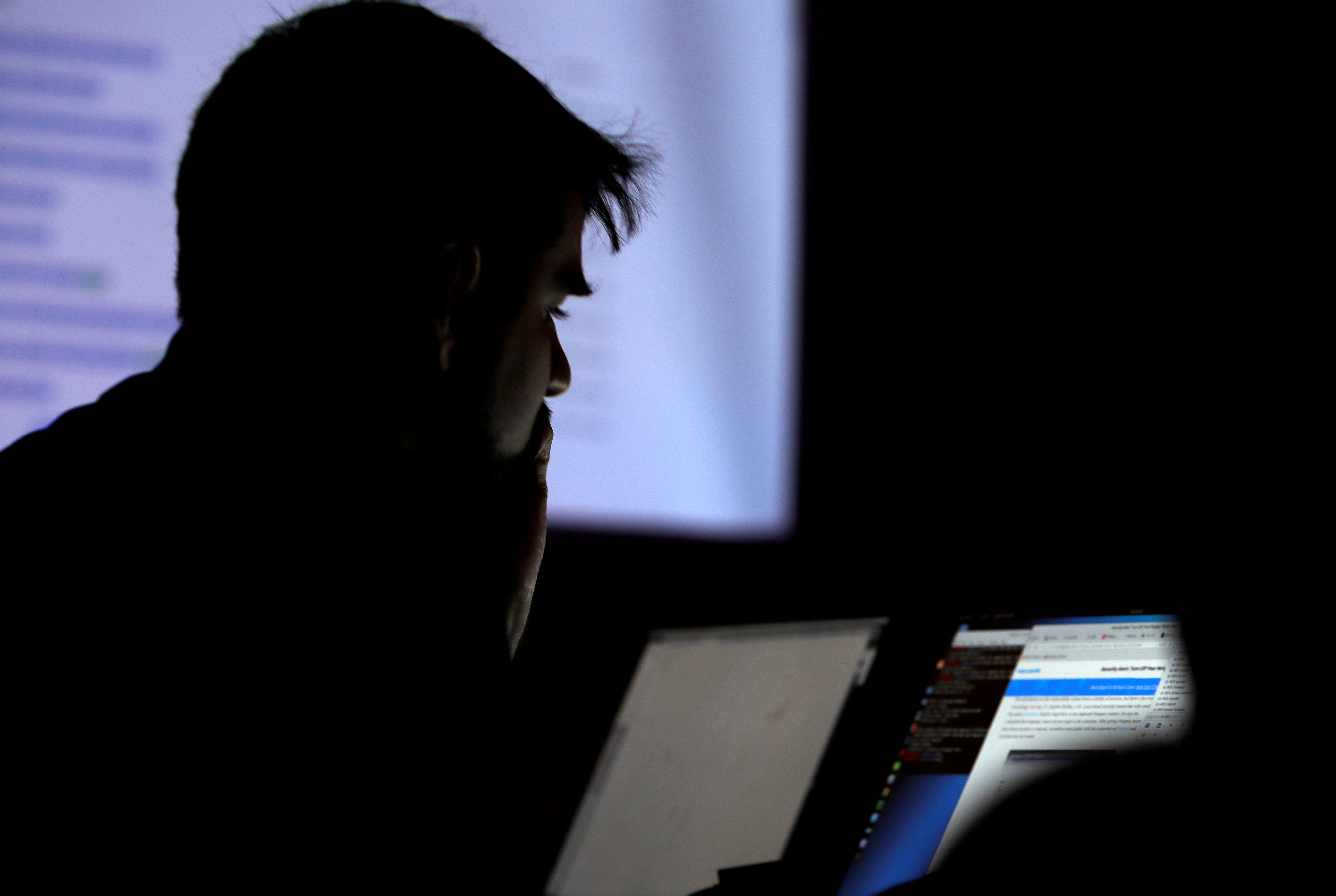August 22, 2018
Fake news and election interference crashed back into the headlines this week. Early on Tuesday, Microsoft said it had found fake websites and other evidence suggesting that Russian hackers are expanding their list of potential political targets ahead of the 2018 US midterms. Later, Facebook revealed details of a suspected Iranian influence operation targeting people in the US, UK, Latin America, and Middle East. The social network also said it had removed hundreds of accounts linked to apparent Iranian and Russian misinformation efforts – showing that the private sector is casting a wide net in its search for potentially malicious activity.
We can expect more of this kind of thing as we head towards November. Unlike two years ago, when Russia’s attempts to swing the election through disinformation and hacking went unchallenged until it was too late, today the US government and private sector tech companies are on high alert, scanning the horizon for signs of underhanded foreign influence. With the US also signaling a more aggressive stance on broader cyber policy, this raises an important question: where do governments draw the line between mere “meddling” and “interference” that demands a response?Way back in February, fellow Signalista Alex Kilment described three broad approaches to election interference: hacking the vote, by directly targeting voting machines and tallies; hacking the voters, by spreading false or inflammatory information to influence their choices on election day; or hacking democracy itself by raising doubts about the legitimacy of the entire process.
These are very different things, yet they tend to get lumped together in discussions about how to avoid a repeat of 2016. All three represent big problems for democracies around the world, but grappling effectively with the threat – and avoiding an over-reaction – may require distinguishing more carefully between them.*
* Disclosure: Microsoft is a sponsor of GZERO Media.
More For You
Immigration and Customs Enforcement (ICE) agents check the identity documents of a group of agricultural workers at a grocery store parking lot during an immigration raid in Mecca, California, U.S. December 19, 2025.
REUTERS/Daniel Cole
A year into US President Donald Trump’s second term, America’s immigration policy has undergone one of its most sweeping resets in decades.
Most Popular
Think you know what's going on around the world? Here's your chance to prove it.
Big global stories. Real conversations with world leaders. Our award-winning global affairs show, GZERO World with Ian Bremmer, goes beyond the headlines on the stories that matter most. Here’s a look back at the 10 most quotable moments from this year’s episodes.
Holiday spending is rising, but many households are paying more for fewer items as prices climb. Higher-income consumers continue to outspend lower-income groups, and signs of financial strain persisted heading into peak shopping months. See the full Consumer Checkpoint from Bank of America Institute.
© 2025 GZERO Media. All Rights Reserved | A Eurasia Group media company.
